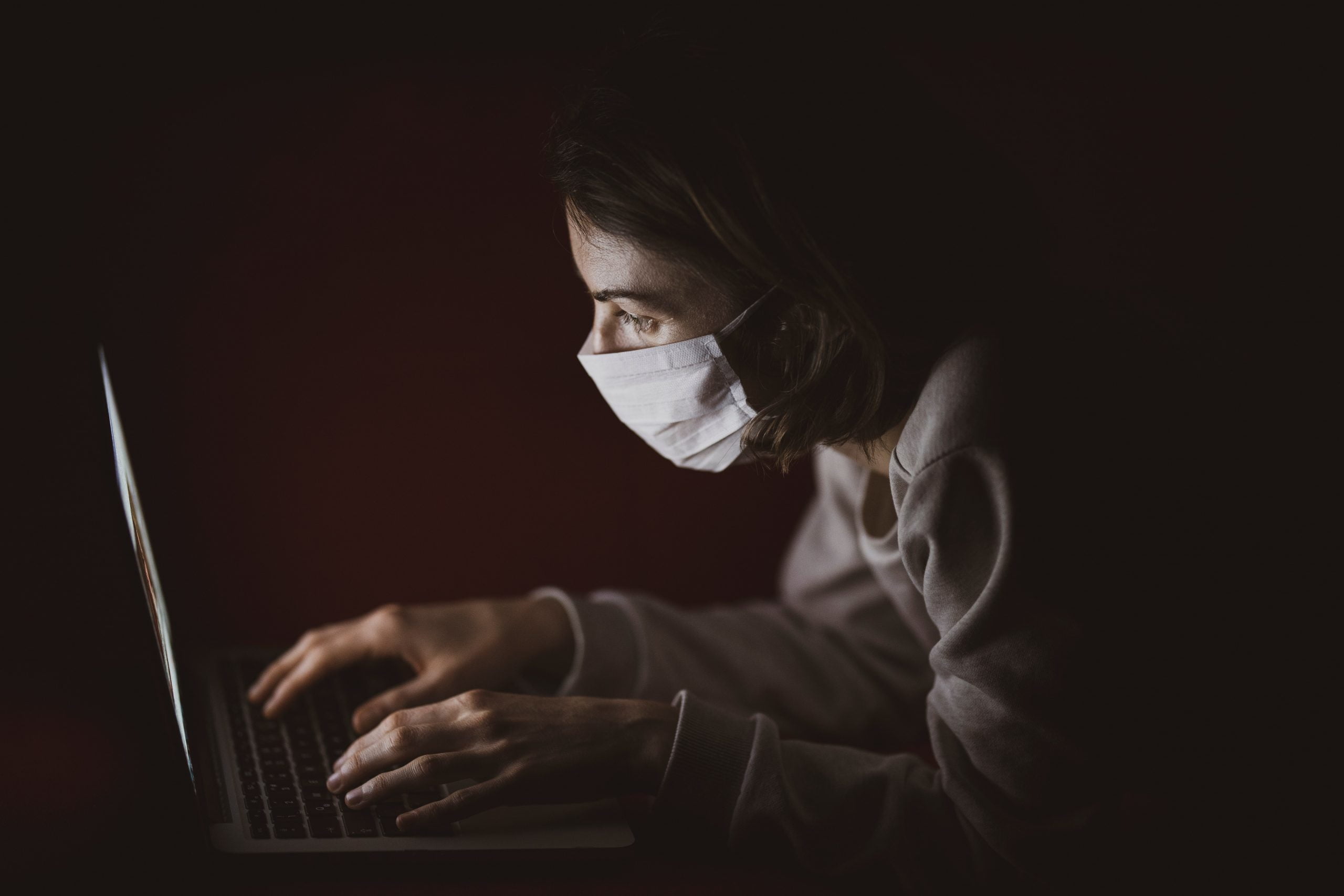As if the pandemic wasn’t bad enough already. The coronavirus has infected 106 million people globally over the past 14 months. And killed more than 2.3 million.
Now, new variants of the virus are popping up around the world. And wouldn’t you know it, some are proving to be even more contagious.
Due to their rapid spread, one of them could become the dominant strain in the U.S. by late March.
That’s according to Dr. Anthony Fauci. He’s director of the National Institute of Allergy and Infectious Diseases.
“When you have a virus that has the ability to transmit more efficiently than the wild type in the community – sooner or later… it will become more dominant than the wild type,” he said.
Variants Are More Contagious
Currently there are four coronavirus variants causing the most concern.
One is B.1.351, believed to have originated in South Africa. Another is B.1.1.7, also called the UK variant. A third is P.1, first identified in Brazil. The fourth is L452R, first seen in California.
The first two cases of the B.1.351 variant in the U.S. were identified in South Carolina recently. They were found in different parts of the state. Earlier, Minnesota identified the first U.S. case of the P.1 variant.
Back in December, the UK variant was first seen in America. It’s been confirmed in hundreds of cases in more than 30 states. UK experts report this variant spreads more easily and may be associated with increased risk of death.
Mutations Were Expected
Fauci says variants should be a “wake-up” call. Especially for anyone thinking the recent drop in new cases means we’ve turned a corner. “We will continue to see the evolution of mutants,” he said.
Dr. Rochelle Walensky is director of the Centers for Disease Control and Prevention. Here’s what she said.
“We know viruses mutate. And they tend to mutate in ways that are advantageous to the virus. We expected this.
“And this is why I feel compelled to underscore the need for each of us to remain steadfast. (And take) all the appropriate steps to protect ourselves and our communities.”
85,000 More Deaths?
If variants spread rapidly, they could add 85,000 American deaths to the projected death toll by May. That’s according to the Institute for Health Metrics and Evaluation (IHME). It’s based at the University of Washington.
Randy Slavitt is the White House Senor Advisor for COVID Response. Here’s what he said. “Nothing about this news says we can’t defeat this thing. It just means we need more tools. And we need to be more united in doing it.
“We’re going to have to stay one step ahead of these mutations. We’re going to need processes to keep developing tests, therapies and vaccines.”
The IHME says deaths will stay lower – despite the spread of variants – if Americans take precautions. Like wearing masks and practicing social distancing. Plus frequently washing hands and staying home more.
Vaccines vs. Variants
Will current vaccines work against variants? It’s impossible to know this soon.
Some studies suggest antibodies generated through vaccination recognize these variants. Experts believe the vaccines will be effective against variants.
But the Pfizer and Moderna vaccines have been found to be less effective against the South African variant in limited clinical trials. This concerns federal officials and vaccine experts.
Still, they strongly encourage Americans to get the vaccine. They say it will help limit the spread of variants. The more the virus spreads, the more mutations will occur.
Don’t Panic… Be Careful
“When these variants were first recognized, it became clear that we had to look at… whether the antibodies that were induced by the vaccines… would actually neutralize these new mutants,” Fauci said.
Walensky added, “I believe we should be treating every case as if it’s a variant during this pandemic right now.” That’s due to the challenges inherent in contact tracing.
Dr. Robert Bollinger is a professor of medicine at The John Hopkins University.
“As far as these variants are concerned, we don’t need to over-react,” he said. “But, as with any virus, changes are something to be watched, to ensure that testing, treatment and vaccines are still effective.”
Worst-Case Scenario Is Ugly
What is the worst-case scenario for coronavirus variants? It’s not pretty.
What worries scientists and healthcare workers most is that a variant could mutate to a point where it causes more severe disease. Or bypasses the ability of tests to detect it. Or evades the protection provided by vaccination.
“The variants that have been identified recently seem to spread more easily,” Walensky said. “They’re more transmissible. Which can lead to increased numbers of cases. And increased stress on our already overtaxed system.”
Fauci says because the virus will continue to mutate, vaccine manufacturers must be “nimble to be able to adjust readily” to reformatting the vaccines.
One option is for vaccine manufacturers to create booster shots to improve protection against variants.
Give Your Immune System a Boost
Regardless of whether you decide to get one of the coronavirus vaccines, it’s important to keep your immune system as strong as possible.
The immune system is a complex mixture of hormones, proteins and cells designed to battle illnesses. It naturally weakens as we age.
But we can give our immune systems a boost with healthy life choices. Including eating plenty of fruits and vegetables.



